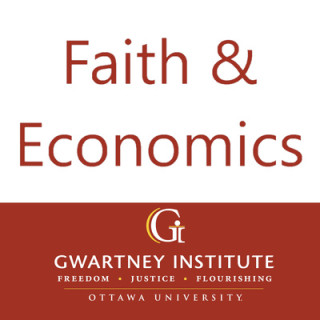

This week the Gwartney team talks about two different thought experiments brought up by Dr. Justin Clarke on Abortion. These thought experiments run through the first and second half of the show. The team then analyzes each of the arguments brought up by the experiment to see which one is better in comparison. The first thought experiment is Judith Jarvis Thomson's, A Defence of Abortion. The second one is Don Marquis's, Why Abortion is Immoral. Enjoy the show!
LInk:
https://spot.colorado.edu/~heathwoo/Phil160,Fall02/thomson.htm = Judith Jarvis Thomson's, A Defence of Abortion
https://rintintin.colorado.edu/~vancecd/phil215/Marquis.pdf = Don Marquis's, Why Abortion is Immoral
Timeline:
The Arguments- 1:45
Jarvis Thompson- 7:15
No Requirement to Val- 11:30
Brain 'EM- 15:00
Burden Changing Your Morality- 17:10
Abortion is Immoral?- 21:10
Deprived of a Valuable Future!- 26:35
When Does the Clock Start?- 30:00
Self Defense or No?- 35:10
Val the violinist pt. 2- 47:05
Quote of the Cast: I have a button, if I push it, you die. - Peter Jacobsen